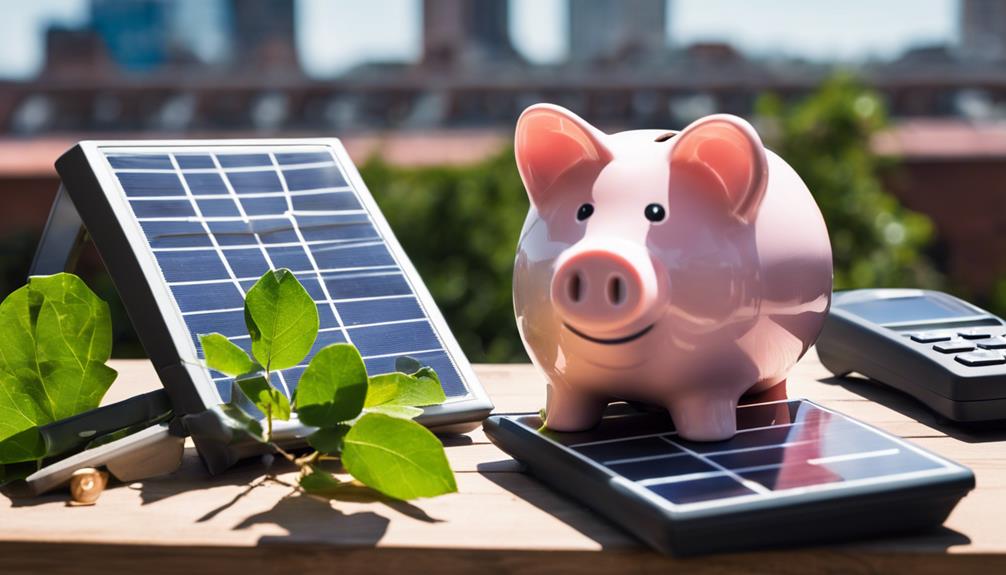
In recent years, the adoption of solar energy has soared, driven by the urgent need for sustainable solutions to combat climate change and rising energy costs. As a result, the market for used solar panels has emerged as a viable option for both environmentally-conscious consumers and budget-savvy homeowners. This article serves as a comprehensive guide to used solar panels, exploring their benefits, considerations for purchase, and their impact on the environment.
What Are Used Solar Panels?
Used solar panels refer to previously installed solar energy systems that have been removed and are available for resale or recycling. These panels may come from residential or commercial installations that have been upgraded or replaced, or they may be surplus inventory from manufacturers. While used solar panels may exhibit signs of wear and tear, they can still function effectively, making them an attractive option for those looking to harness solar energy without the high upfront costs of new systems.
The Environmental Benefits of Used Solar Panels
One of the most compelling reasons to consider used solar panels is their positive impact on the environment. Utilizing second-hand panels helps reduce waste by keeping them out of landfills. According to the U.S. Environmental Protection Agency (EPA), the recycling of solar panels can recover valuable materials such as silicon, glass, and metals, which can be reused in new products. By opting for used solar panels, consumers actively participate in a circular economy, promoting sustainability and reducing the carbon footprint associated with manufacturing new panels.
Cost-Effectiveness of Used Solar Panels
The financial advantages of purchasing used solar panels are significant. New solar energy systems can be prohibitively expensive, often ranging from $15,000 to $30,000 or more, depending on the size and efficiency of the installation. In contrast, used solar panels can be acquired at a fraction of the cost, often ranging from $1,000 to $5,000 for a complete system. This affordability allows homeowners and businesses to invest in renewable energy without straining their budgets, making it a financially sound choice for transitioning to solar power.
How to Assess the Quality of Used Solar Panels
When considering used solar panels, it is crucial to assess their quality and functionality. Start by checking the manufacturer’s warranty, which can give an indication of the panel’s lifespan and reliability. Look for panels with a minimum efficiency rating of 80% or higher to ensure they can generate adequate power. Additionally, inspect the panels for physical damage, such as cracks or significant wear, and request documentation of their previous performance, including energy production data. Assessing these factors will help you make an informed decision when purchasing used solar panels.
Finding Reliable Suppliers of Used Solar Panels
The search for used solar panels begins with identifying reputable suppliers. Some of the best places to find quality second-hand panels include online marketplaces, local solar companies, and solar equipment auctions. Websites like eBay, Craigslist, and specialized solar marketplaces cater to buyers looking for used products. When engaging with suppliers, always check their reviews and ask for references to ensure they have a history of providing quality products. Additionally, inquire about the return policy and warranty options to protect your investment.
Installation Considerations for Used Solar Panels
Installing used solar panels requires careful planning and consideration. First, assess your property’s solar potential by evaluating factors such as roof orientation, shading, and available space. A professional solar installer can help you determine the best setup for your needs. Since used panels may have varying sizes and efficiencies, it’s essential to ensure compatibility with your existing system or chosen inverter. Moreover, hiring a qualified installer will ensure that your used solar panels are set up correctly, optimizing their energy output and longevity.
The Future of Used Solar Panels
As the demand for renewable energy continues to grow, the future of used solar panels looks promising. The increasing focus on sustainability and the circular economy has led to more initiatives aimed at recycling and refurbishing solar panels. Innovations in solar technology may also lead to the development of more efficient used panels, further enhancing their appeal. Furthermore, as more consumers become aware of the benefits of used solar panels, the market is likely to expand, making it easier to find quality options at competitive prices.
Conclusion: Embrace Sustainability with Used Solar Panels
In conclusion, used solar panels represent a sustainable and cost-effective solution for those looking to invest in solar energy. With their numerous environmental benefits, affordability, and the potential for a positive return on investment, these panels can be an excellent choice for homeowners and businesses alike. By assessing the quality of the panels, finding reliable suppliers, and considering installation factors, you can successfully transition to renewable energy while reducing your environmental footprint. Embrace the future of energy by exploring the world of used solar panels and make a positive impact on both your wallet and the planet.
With the right knowledge and resources, you can harness the power of the sun while contributing to a more sustainable future.





